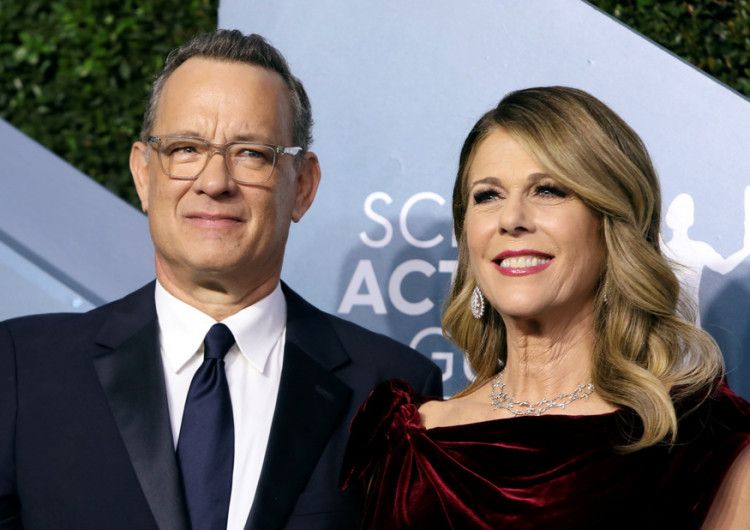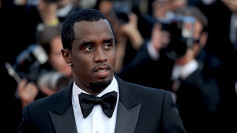Tom Hanks has sparked controversy following his portrayal of a Donald Trump supporter during the "Saturday Night Live" 50th-anniversary special, reigniting debate over the show's approach to political satire. The two-time Academy Award-winning actor reprised his character Doug, a MAGA-hat-wearing contestant on the recurring "Black Jeopardy" sketch, a role he first played in 2016.
During the sketch, Doug initially hesitates to shake hands with the game show host, Darnell Hayes, played by Kenan Thompson, before reluctantly doing so. "Don't like that, whoa, whoa, whoa," Hanks' character says before complying. Later in the segment, Doug quips, "Maybe I'll start a show for you to come on, and we'll call it 'White Jeopardy.'"
The skit was intended as a satirical take on the intersection of conservative populism and African American culture, but it was met with backlash from Trump supporters who argued that the portrayal was a "tired" and "disgusting" stereotype. "This show wonders why their ratings are in the gutter," former Robert F. Kennedy Jr. aide Link Lauren wrote on X. "Trump won the popular vote. This tired trope that MAGA is racist is disgusting. SNL is an unfunny show for snobbish liberal elites."
Conservative commentator Benny Johnson criticized the sketch, stating that "SNL decided it was a good idea to depict Tom Hanks as a 'Racist Trump Supporter' in a MAGA Hat afraid to shake a black man's hand. Donald Trump just won a landslide election and has never been more popular with Americans."
Popular conservative social media account Libs of TikTok labeled the performance "propaganda" and dismissed the segment as "dumb." The backlash underscores the ongoing partisan divide over media portrayals of Trump supporters, particularly as the former president remains a dominant figure in American politics.
In addition to the "Black Jeopardy" sketch, Hanks also featured prominently in an "In Memoriam" segment that humorously acknowledged past "SNL" characters and sketches that have not aged well. "As we celebrate the achievements of the past 50 years, we must also take a moment to honor those who we've lost-countless members of the SNL family, taken from us too soon," Hanks said before revealing that the segment was actually dedicated to outdated and problematic comedy.
The montage included references to "ethnic stereotypes," "sexual harassment," and "problematic guests," featuring figures such as O.J. Simpson, Robert Blake, and R. Kelly. The inclusion of Sean "Diddy" Combs, who is currently facing allegations of sex trafficking and racketeering, further fueled controversy.
The "SNL 50" celebration, which aired Sunday, was designed as a retrospective on the show's five decades of cultural influence, but the pushback from conservatives highlights the persistent challenges "SNL" faces in maintaining its satirical edge in a deeply polarized political environment.
Hanks, who has hosted "SNL" 10 times since his debut in 1985, has long been associated with the show. Reflecting on his first hosting gig in Peacock's "SNL50: Beyond Saturday Night" docuseries, Hanks called it "the single most exciting thing that has happened in my career." He added, "The cliché of saying it was a dream come true doesn't do it justice. It's a fantasy made real."





